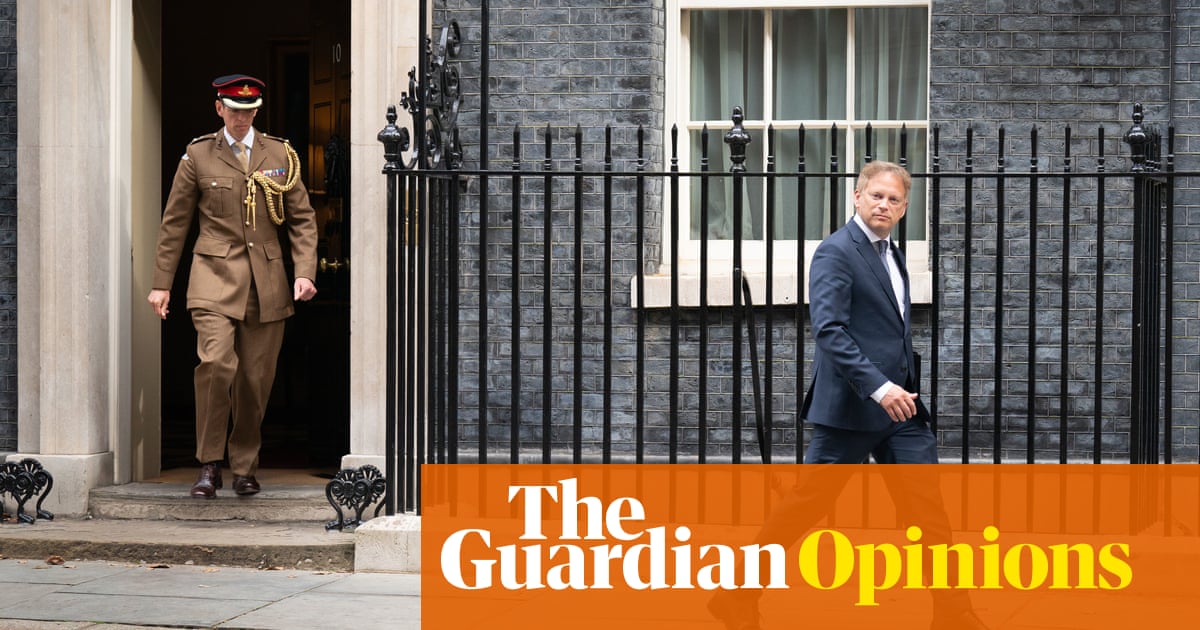
Since the OPEC+ group of nations announced last month that it would reduce oil production by 2 million barrels per day, there has been a rise in anti-Arab sentiment and anger in the US. At nearly every level in the country, Saudi Arabia is being blamed for “siding with Russia” by forcing oil prices to rise.
In an attempt to help the sagging popularity of his Democratic Party in the final weeks before the Nov. 8 midterm elections, President Joe Biden accused the Saudis of reducing production in cooperation with Moscow. The reduction in oil production slated for this month is also being blamed for fueling rising gasoline prices in the US.
The Saudis have denied any involvement with Russia, noting that they have been planning production reductions for many months. But their denials are being marginalized in much of the Western news media, which is overwhelmed with anti-Saudi attacks. That is because, in the West and the US in particular, believing Arabs are to blame is easier than believing the truth.
And what is the truth? It was reported last week that four of the world’s five largest oil companies have now reported combined quarterly profits of more than $50 billion. Exxon reported nearly $20 billion in profits alone, exceeding its previous quarterly profit record by more than 10 percent. Chevron posted profits of $11.2 billion, which almost matched its record quarterly profits. And Shell posted profits of $9 billion, which more than doubled its total from the same period last year.
So, who is really causing the gasoline crisis in America and the West?
It is hard to get a straight answer from Biden, who last month claimed that gasoline prices had fallen considerably under his leadership. The president falsely stated that gasoline prices were under $2.99 a gallon and that prices had dropped by more than $1.30 a gallon since he took office. In fact, the average cost of gasoline is almost $4 a gallon today and it has been above $3 a gallon since May last year.
Attacking Saudi Arabia for the OPEC+ production cut is inconsequential in terms of impacting the price of gasoline in the US
Ray Hanania
What Biden did do was try and persuade the oil-producing nations to delay the cut in production by a month — until after the US midterms. But he was unsuccessful. The president is very concerned that the Democrats will lose control of both the House of Representatives and the Senate next week. He should be worried because in nearly every midterm election — one that follows the presidential election by two years — the party that controls the White House loses control of Congress.
The reality is that America is a severely divided country. There is a wide gap between the Republicans and the Democrats, with very few in the middle.
Biden knows that, when the Democrats lose control of the House and the Senate, the congressional investigations into his predecessor Donald Trump and his family’s dealings will likely be replaced by investigations into his own family’s affairs. Several members of Congress, including Reps. Darrell Issa and Tom Tiffany, have vowed to initiate an exhaustive probe of not only accusations that Hunter Biden used his father’s clout to win contracts worth billions of dollars, but also that he used drugs.
No wonder Biden turned to anti-Arab racism as a fallback option to distract the American public from what looks set to be an ugly investigation into his family and the financial dealings of other Democrats.
Attacking Saudi Arabia for the OPEC+ production cut is inconsequential in terms of impacting the price of gasoline in the US, but apparently that is the only option Biden and the Democrats have in order to try and shift the election momentum away from the Republicans.
Although anti-Arab hatred continues to flourish, the real problem is that there are so few political leaders willing to step away from the extremism of their parties and bring the American people back to reason and a moderate, centrist reality.
Ray Hanania is an award-winning former Chicago City Hall political reporter and columnist. He can be reached on his personal website at www.Hanania.com. Twitter: @RayHanania
Disclaimer: Views expressed by writers in this section are their own and do not necessarily reflect Arab News" point of view












